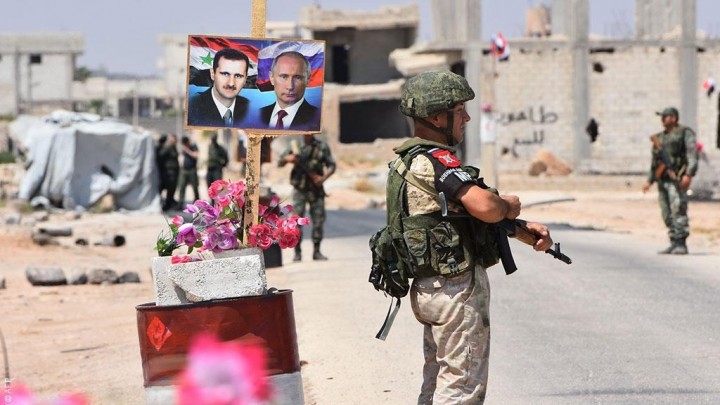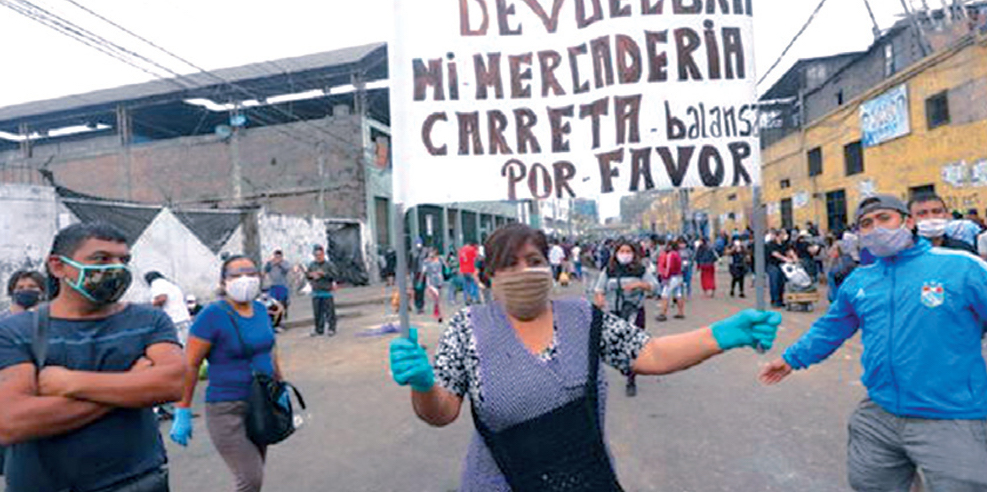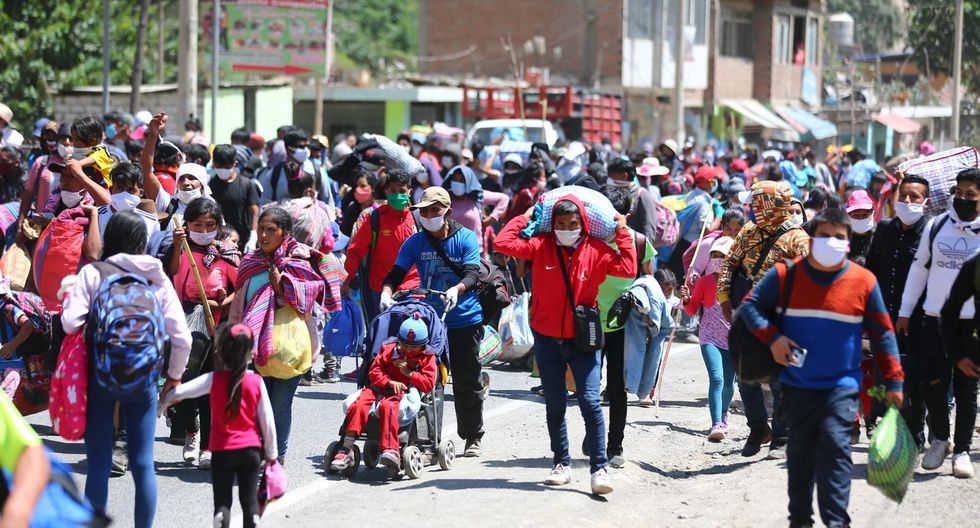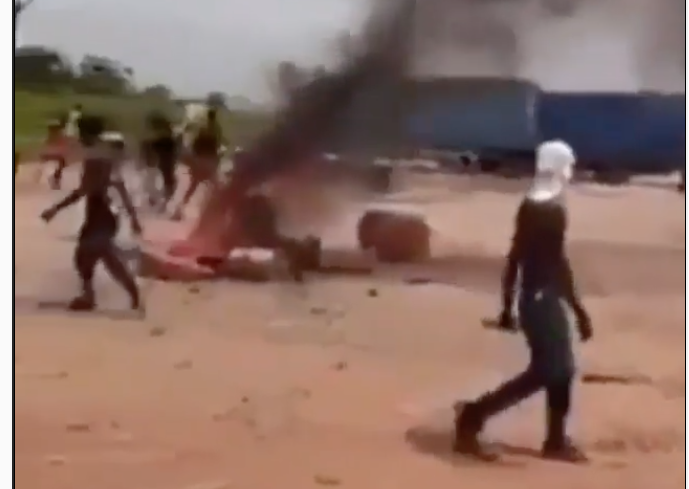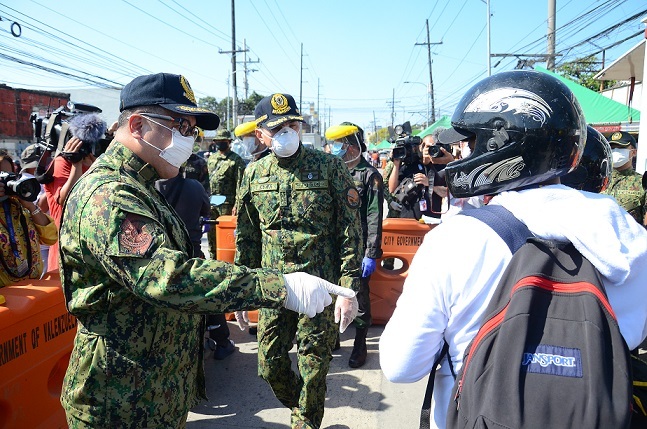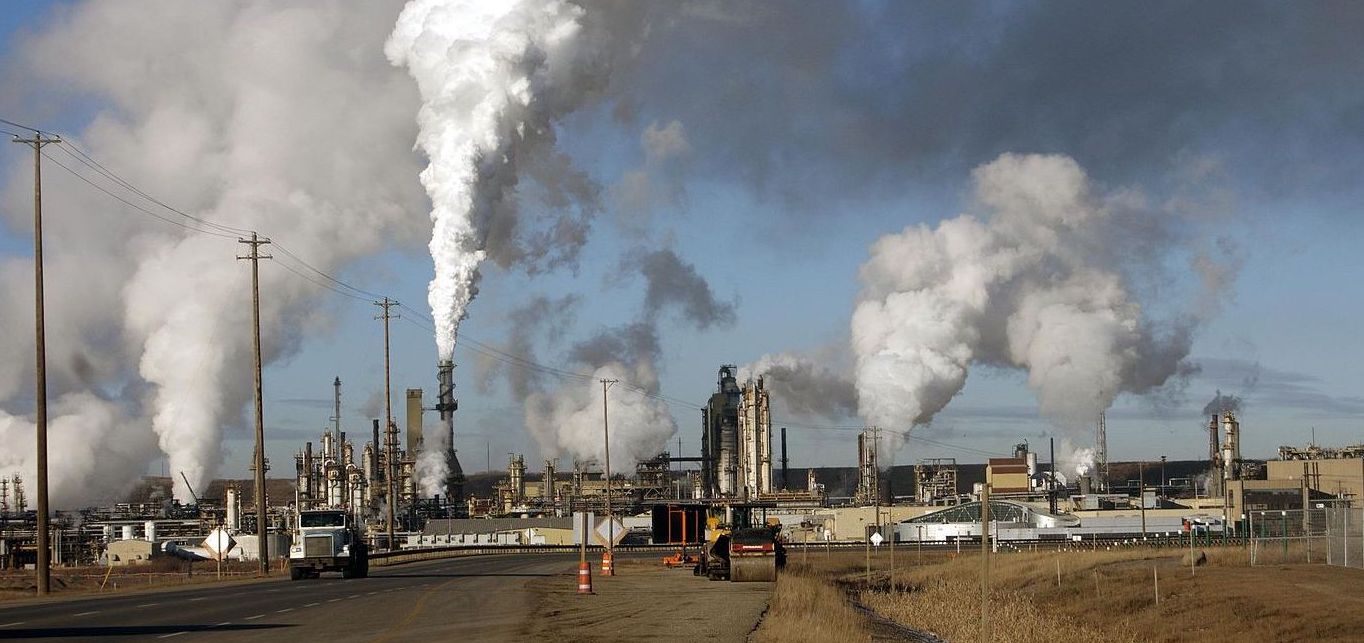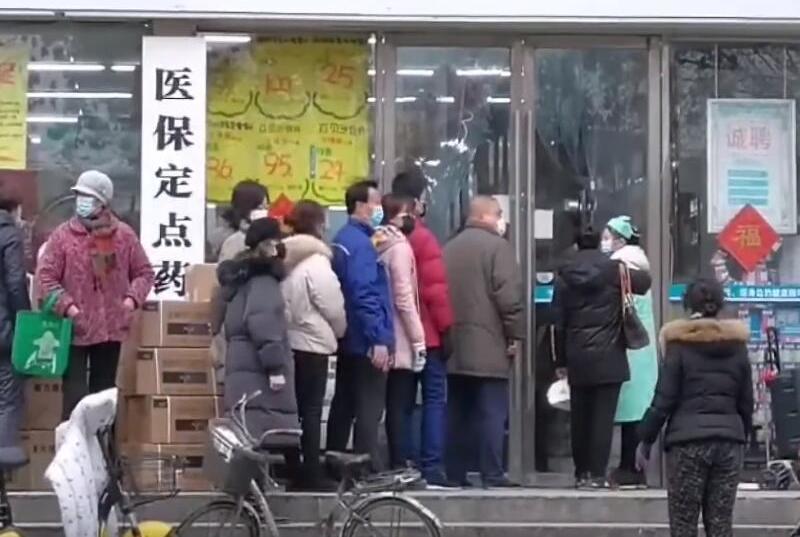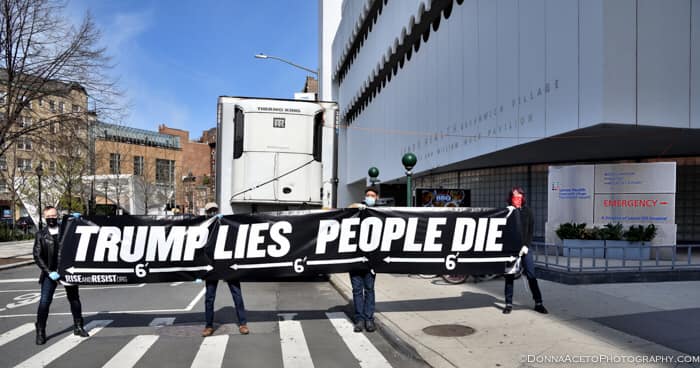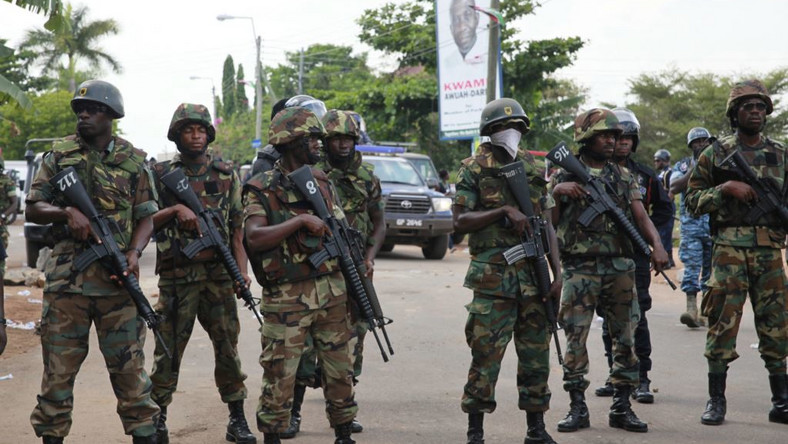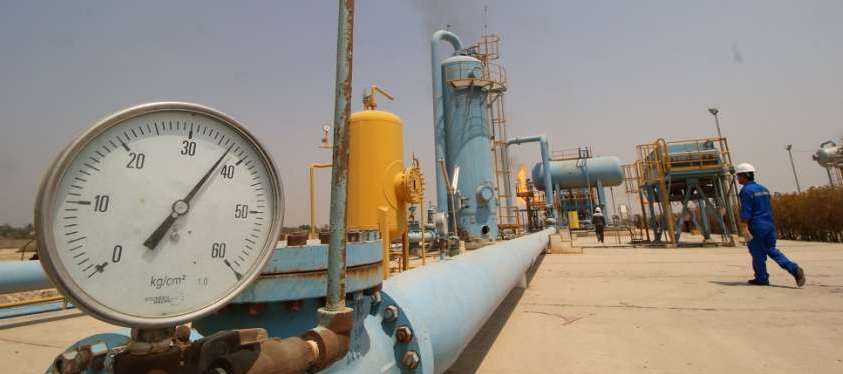
Yes, ‘peak oil’—but demand, not supply
After oil prices went negative for the first time ever last month, they are now starting to rise again as lockdowns imposed by the COVID-19 pandemic are gradually lifted. US crude is now back to nearly $30 a barrel. But this is less than half what the price was a year ago, and a third what it was a dozen years ago. Iraq, OPEC’s second-largest producer, is at the forefront of the cartel’s effort to squeeze supply to consumer nations, as part of its recent deal to curb output. Baghdad just announced a 30% cut of exports to Asia. But it remains to be seen if such measures will jack up prices and ease the economic pain that has led to a remobilization of anti-regime protests, despite pandemic fears. (Photo via Iraqi News Agency)




